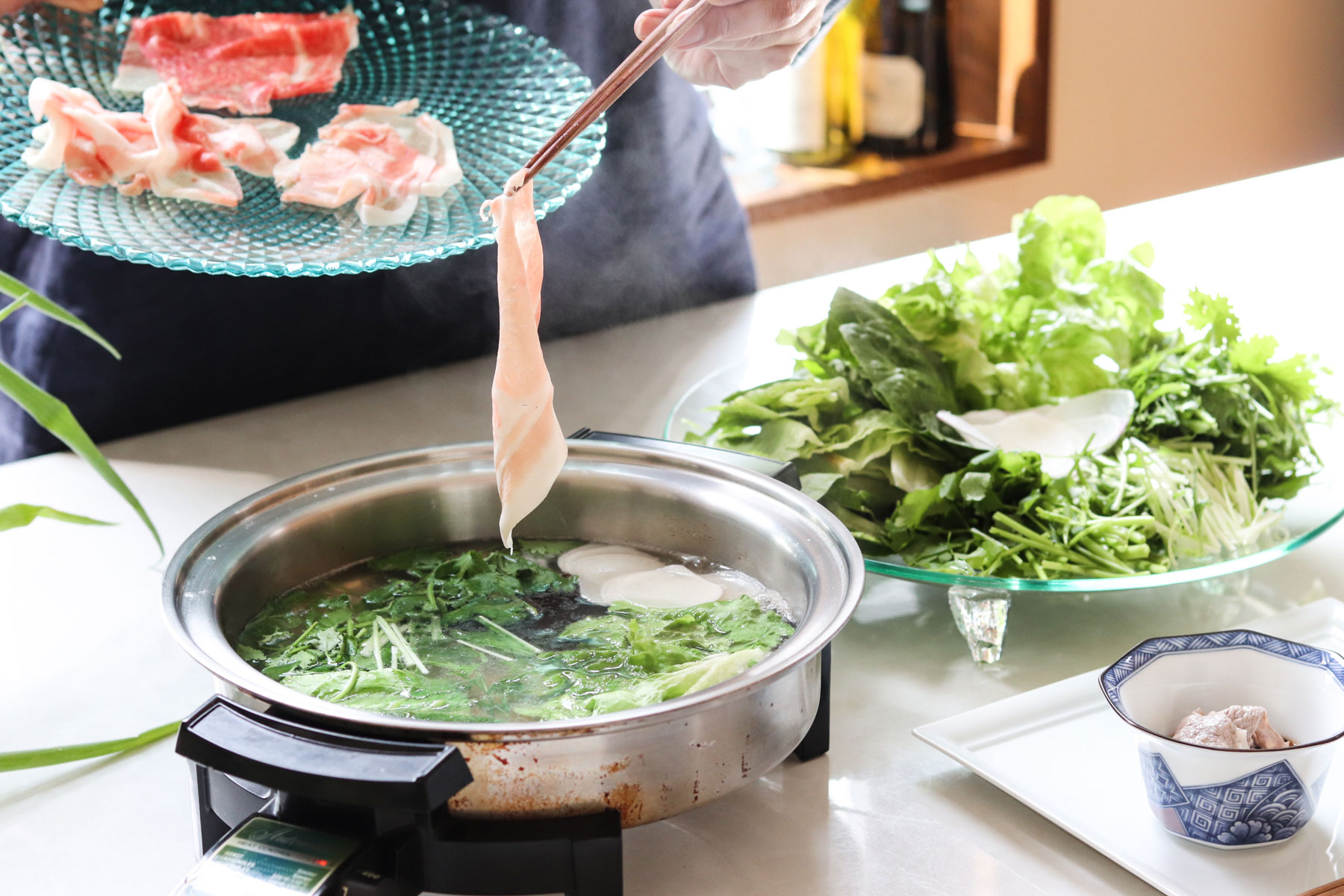If you’ve ever eaten an izakaya style meal in Japan, it’s pretty obvious that the Japanese eat well. The food is delicious and nutritious, and as an added bonus, the portions are generous.
What exactly makes Japanese cuisine such a nutritional powerhouse? Here’s what we know about why this particular diet has earned its reputation for longevity.
The Japanese Diet Is Low in Sugar
It may seem like a no-brainer, but sugar can be just as harmful to your body as junk food. Both types of foods have calories, contain high amounts of sugar, and don’t provide much else in terms of nutrition. But with less than 10% of their daily caloric intake coming from carbohydrates, the Japanese have developed a diet that’s low on sugar and high on fiber.
In fact, according to one study, the average Japanese consumes only 5.6 teaspoons (18 grams) per day while Americans consume nearly twice that amount. This may contribute to the lower rates of heart disease and diabetes among the Japanese population.
 This doesn’t mean the Japanese never indulge. On special occasions, they might enjoy some rice cake or sweet potato mochi—these treats are not part of their regular diet, but rather something that they occasionally include in celebration. And while these items aren’t considered everyday fare, the Japanese also eat plenty of fruit and vegetables—which provides all the vitamins and minerals needed for good health without causing weight gain.
This doesn’t mean the Japanese never indulge. On special occasions, they might enjoy some rice cake or sweet potato mochi—these treats are not part of their regular diet, but rather something that they occasionally include in celebration. And while these items aren’t considered everyday fare, the Japanese also eat plenty of fruit and vegetables—which provides all the vitamins and minerals needed for good health without causing weight gain.
The Japanese Eat a Variety of Foods
To understand how the Japanese eat so well, you need to take into account what they actually choose to eat. Although there are many commonalities among different countries’ cuisines, the Japanese eat foods from around the world. For example, sushi is popular in Japan, but you’ll find it at any restaurant serving Japanese food.
The Japanese also tend to favor meat dishes over vegetarian options. However, this isn’t always the case; in fact, the Japanese have a long history of vegetarianism, which began during the Edo period (1603–1867). But today, most people still lean toward meaty meals for dinner.
They Enjoy Snacks
Although it’s true that the Japanese often eat large dinners, they also snack throughout the day. In addition to enjoying small portions of savory snacks, like seaweed and pickled vegetables, the Japanese are fond of sweet items too. They love rice cakes and noodles, along with plenty of fruits and candies.
When traveling abroad, you’re likely to see the Japanese dining outside the home. It’s common for them to grab a bite before heading out to shop, work, or explore. And if you’re lucky, the local convenience store will hand you a box of crackers or cookies.
You may think that eating out is a luxury reserved for the wealthy, but it turns out that the Japanese are very casual diners and appreciate the chance to chow down on home-cooked food whenever they feel like it.
 Health Benefits of Eating Japanese Food
Health Benefits of Eating Japanese Food
There’s been a lot of talk recently about the benefits of following a Mediterranean diet. If you haven’t heard of this way of eating yet, it means eating lots of fresh veggies, grains, beans, nuts, fish, and olive oil while avoiding red meats and processed foods.
But it’s important to note that these guidelines don’t necessarily translate into “eating healthier.” Sure, all of those ingredients are essential for good health, but you should still pay attention to the quality of food you eat. After all, a plate full of fresh vegetables can taste amazing, but it won’t do you much good if it comes from a factory farm.
And even though the Japanese enjoy a wide variety of foods, they still stick to some basic guidelines for what to eat and avoid. For instance, the Japanese don’t eat dairy products because they’re lactose intolerant, but they do enjoy soy milk.
In fact, the Japanese are big fans of soybeans and tofu, both of which have been used in traditional medicine for centuries. Soybeans have been proven beneficial for treating cancer and other diseases, while tofu contains nutrients like calcium, protein, and B12.
While the Japanese certainly don’t adhere to the same dietary rules as their Western counterparts, they do enjoy plenty of health benefits by simply eating food in moderation.






